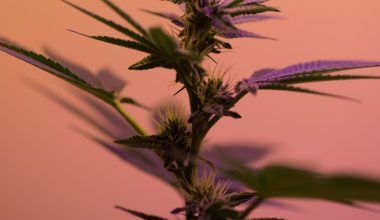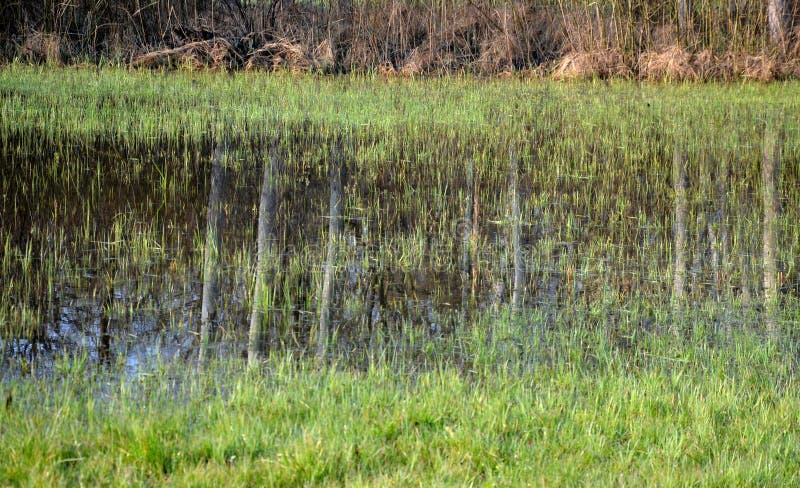
Or pile fallen leaves in an area of the yard, protected from wind, where they can decompose to form leaf mold.

Growth-inhibiting chemicals in leaves known to stunt young plants and seedlings will have plenty of time to break down in time for spring planting.
#Does mulch absorb water Patch#
If trees are plentiful, shred fallen leaves with a lawn mower and add to your veggie patch in the fall. Give your wallet a break with the mulch-to-be goldmine on your property. RELATED: The Best Mulch Options for Your Landscaping Needs DO consider converting organic materials on your property into mulch.

Certain vegetables like tomatoes and peppers benefit from warmer soil temperatures brought about by plastic mulch that’s heated by the sun. All of these are inorganic mulches that remain in place until you move them. If you are using mulch for landscaping, consider those that are made of plastic, gravel, or rubber. They are the best options for mulching vegetable gardens or mixed borders that contain a combination of trees, shrubs, and perennials. These types of mulch include chopped leaves, manure, straw, hardwood, grass clippings, newspaper, cocoa bean hulls and compost. Organic or natural mulch breaks down into the soil, adding nutrients in the process. DO use natural mulch where you want to add nutrients, and inorganic mulch for landscaping. Cool-weather crops like greens, broccoli, and cauliflower do better with soil-cooling organic mulches applied at the time of planting at least an inch away from plant stems to prevent rot problems. (You can leave it in place for heat-loving vegetables like tomatoes, peppers, and eggplants, but because plastic isn’t permeable, you’ll want to ensure that these plants receive enough water.) Cover the area around trees, shrubs, and perennials with an organic mulch when the soil warms and dries out, which could mean waiting until June or July, depending on your location. The exception is plastic mulch, applied in early spring on a vegetable garden prior to planting: It will raise the soil temperature to give seeds a healthy early start. In general, mulch applied in early spring prevents soil from warming, restricting early-season plant growth. Many homeowners ask, “When should I mulch my garden?” Timing is everything when it comes to mulching plants. So read on for the secrets to mulching the garden, then sit back and enjoy the grow! DO learn the best time of year to mulch your plants. You may be wondering, “ What is mulch made of?” There are many types of mulches, both natural and synthetic, and several tricks to applying it properly to get best results for blooms, veggies, just about anything you plant. Mulch combats these problems, making less toil for you, the gardener, and in addition adds an attractive finishing touch around trees, shrubs, and flower beds that enhances curb appeal. Bare soil exposed to harsh sunlight means plant roots suffer and require more water it’s also a literally open invitation to weed seeds. Mulch is any material laid over the surface of the soil to retain moisture, suppress weeds, regulate temperature, and prevent erosion.


 0 kommentar(er)
0 kommentar(er)
